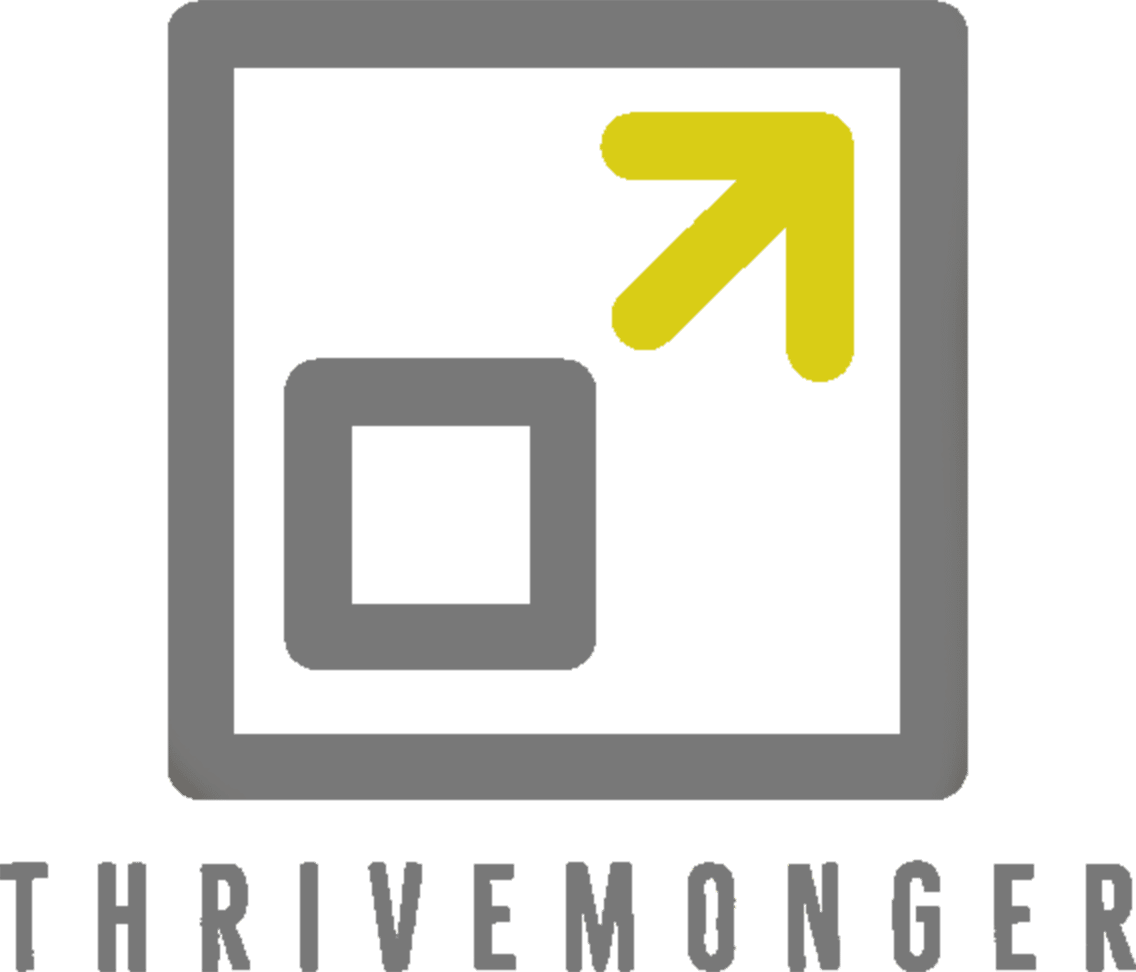Most companies offer products or services that have a number of well-known, set features. They are a “finished good” and we gladly pay a premium for this work.
Take for example a Restaurant. We would we pay three, four, or even 40 times as much for a meal that we could cook ourselves for much less. After all, most of the ingredients are easily available and recipes are Open Source, Aren’t they? Although, we gladly do it very often.
The features of the product don’t have to be rigidly defined either. Customization and tailoring the offering is also possible, but there is value in having someone else transform raw materials into what we really desire, it is the modern “value chain”.
When you go to a restaurant, they have the items on their menu, but if they are friendly enough, and you absolutely need it, you can also have it your way.
Most businesses operate in these two ways, however, there is a small set of them that completely flip the model, and incorporate the client in the creation of the product. Some cite the “IKEA Effect”, where customers value the product more once they have put in some effort into its making. The Betty Crocker cake mix is also notorious for their decision to require the home baker to add eggs, instead of having the dehydrated version already in the mix.
And then, there is the Cooking Class, which completely flips the model into an experience. By offering an unfinished product, the clients get more satisfaction out of it.
There is more than one way to delight a customer, and the type of experience we deliver is a choice.
We can run a Restaurant, but we could also host a Cooking Class.
